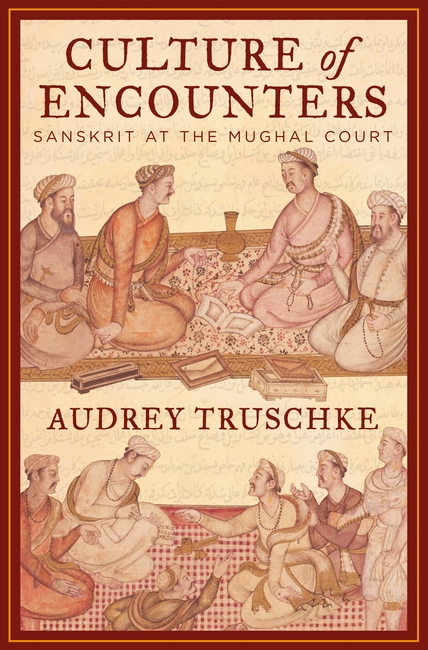
Told by the authority on the subject, Culture of Encounters gives us insight into how and why the Mughals-one of the most powerful imperial powers-poured immense energy into drawing Sanskrit thinkers to their courts, adopted and adapted Sanskrit-based practices, translated dozens of Sanskrit texts into Persian, and composed Persian accounts of Indian philosophy. Beginning with the invitation of Brahman and Jain intellectuals to King Akbar’s court, this incisive work details the numerous, Mughal-backed texts they produced under emperors Akbar, Jahangir, and Shah Jahan.
These cross-cultural encounters created a dynamic idea of Mughal rule essential to the empire’s survival. Many works, including Sanskrit epics and historical texts, were translated into Persian, elevating the political position of Brahmans and Jains and cultivating a voracious appetite for Indian writings throughout the Mughal world.
The first book to read these Sanskrit and Persian works in tandem, Culture of Encounters recasts the Mughal Empire as a multi-lingual state that collaborated with its Indian subjects to establish its role as an Indian empire. Revisiting a forgotten part of India’s history, Audrey Truschke certifies the critical role of the sociology of empire in building the Mughal polity, which came to shape the literary and ruling cultures of early modern India forever.
Imprint: India Allen Lane
Published: Mar/2016
ISBN: 9780143428909
Length : 384 Pages
MRP : ₹699.00
There were many layers to Aurangzeb, many things that inspired and moved his heart.
